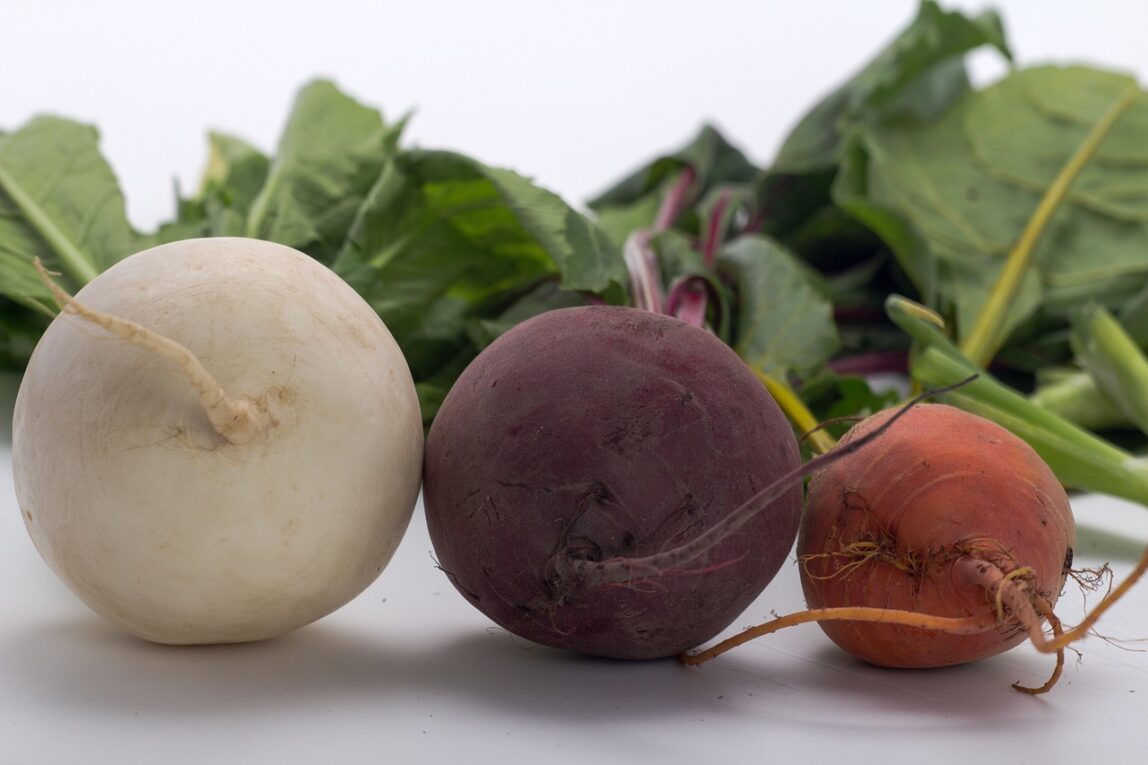Beetroot, (Beta vulgaris L), is a root vegetable that grows primarily in the ground with a leafy top that grows aboveground. It can be found in both temperate and tropical areas of the world. It takes approximately 60 days from seed to harvest. Beets have been cultivated for thousands of years for their dietary value.
Beetroot Studies
Recent studies have indicated that consuming beetroot juice can improve certain health conditions and can also improve oxygenation during athletic activities. Though the full health effects of beetroot are not yet known, many health experts recommend consuming beetroot or beetroot herbal for a nutritional boost.
Health Benefits of Beetroot
Beets have been consumed since the days of Ancient Greece and Ancient Rome. It has always been believed to be a nutritious vegetable and recent scientific studies have confirmed this. Beetroot contains numerous vitamins and minerals that contribute to overall good health.
The Romans Used Beetroot as an Aphrodisiac
In Ancient Rome, beetroot was highly valued not only as a nutritious food but also for its medicinal and aphrodisiac properties. The Romans believed that beetroots could enhance amorous feelings and improve sexual health. This belief was influenced by several factors, including the beetroot’s deep red color and heart shape, which symbolically associated it with love and passion.
One significant reason for the beetroot’s reputation as an aphrodisiac lies in its high nitrate content. Nitrates are converted into nitric oxide in the body, which helps to relax and dilate blood vessels. This vasodilation effect can lower blood pressure and increase blood flow throughout the body, including to the sexual organs. Enhanced blood flow can improve sexual function and arousal, thereby supporting the beetroot’s use as an aphrodisiac.
Roman medical practitioners, such as the famous physician Galen, documented the health benefits of beetroot, including its potential to enhance libido. The Romans incorporated beetroot into various dishes and medicinal concoctions, often serving it at feasts and banquets aimed at celebrating fertility and sensual pleasure.
Beetroot juice and leaves were also used in treatments to boost overall vitality and treat ailments believed to affect sexual health. This multifaceted approach to using beetroot underscores the sophisticated understanding the Romans had of the connections between diet, health, and sexuality.
The combination of beetroot’s symbolic association with love and its physiological effects on blood flow and sexual function helped cement its reputation as an aphrodisiac in ancient Roman culture. This practice showcases the intricate blend of symbolism and science that characterized Roman approaches to medicine and nutrition.
Beetroot Active Ingredients
Beetroot contains potassium, calcium, sodium, magnesium and dietary nitrate. Potassium lowers heart rate and regulates metabolism. Sodium and magnesium help with proper fluid levels within the body. The dietary nitrate in beetroot is linked to lower blood pressure and a reduced incidence of heart disease. Beetroot also improves blood flow to the brain and can slow the progress of dementia.
Beetroot is rich in vitamin A, vitamin C and iron. Vitamin A is important for mucous membrane, healthy skin and good vision. Vitamin C boosts the immune system. Iron is an important mineral for red blood cell production in the body.
Beetroot contains folates that aid DNA synthesis within the cells. The fiber in beetroot helps to slow down its conversion into glucose, which makes it a good food for those with Type-2 diabetes. The fiber can also help to reduce cholesterol. The nitrates in beetroot also widen blood vessels for better exercise and athletic performance.
Beetroot contains silica, which helps to strengthen bones and hair, as well as to maintain good skin condition.
Beetroot contains phytonutrient pigments called betalains. Two types of betalain compounds, betalin and vulgaxanthin, are high in anti-oxidants and also have anti-inflammatory effects. These compounds also help with detoxification of the body. The betalain compounds can suppress cyclooxygenase enzymes, which can contribute to tumor growth.
Beetroot contains trace amounts of amino acids, which help to build proteins in the body.
The beet greens (leaves) also contain high amounts of lutein and zeaxanthin, which help to keep eyes healthy. The epoxy xanthophyll carotenoids in beetroot help support the body’s nervous system, as well.
How To Take Beetroot
All parts of the beetroot can be consumed. The leaf tops can be put into salads or sautéed in olive oil. The leaves should be fresh and crisp for best taste and nutrient value. The leaves also have some medicinal value.
The root can be eaten raw or cooked. Beetroot can be processed into a flavorful juice. Adding a little lemon juice to the beet juice will improve flavor and coloring of the juice.
Beetroot Supplements
Beetroot extract supplements are also available in pill form for those who don’t like the taste of beets or don’t have the time to prepare beet juice or cooked beets. These supplements provide all the benefits of the vegetable in an easy-to-use form. The pills are taken three times each day and provide all the nutrients of dietary beetroot.
Shopping
| Visit the new SHOPPING page for a wide selection of amazing products! |
Always take care when taking herbs and Read Our Disclaimer.
Beetroot Herb Notes / Side Effects
People who have a problem with oxalate kidney stones should use caution when using beetroot as an herbal supplement for their diets. Beetroot breaks down into oxalates that can exacerbate the formation of this type of kidney stone. Consumption of beetroot can cause the red and yellow vegetable pigment can be released into the urine or stool. This is harmless, however, and should not be a cause for concern.


Leave a Reply